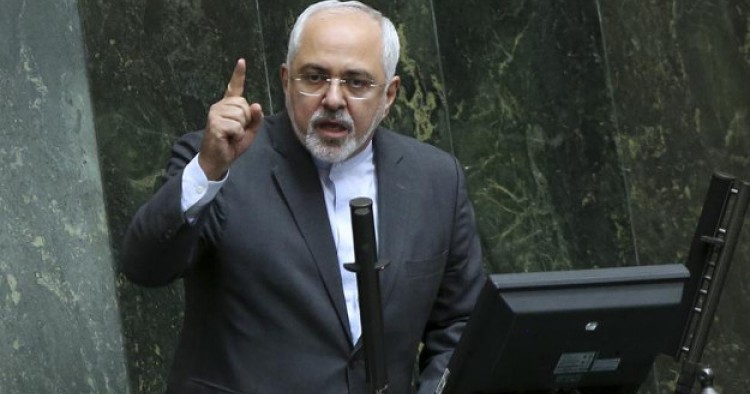U.S. Secretary Rex Tillerson’s yesterday remarks at a Congressional hearing have drawn angry reactions from Tehran. Tillerson told the House Foreign Relations Committee that the Trump administration has not yet finalized its Iran policy but emphasized that it is determined to counter Iran’s subversive activities in the Middle East. “Well, our Iranian policy is under development. It's not yet been delivered to the president. But I would tell you that we certainly recognize Iran's continued destabilizing [role] in the region. Their payment of foreign fighters, their export of militia forces in Syria, in Iraq, in Yemen, their support of Hezbollah... And we are taking action to respond to Iran’s hegemony," he replied to a question Representative Ted Poe of Texas.
"Our policy towards Iran is to push back on this hegemony, contain their ability to develop, obviously, nuclear weapons and work towards support of those elements inside of Iran that would lead to a peaceful transition of that government. Those elements are there, certainly as we know,” he added.
The top American diplomat’s remarks about a peaceful transition of power were interpreted inside Iran as Washington’s new policy of regime change in the Islamic Republic. Iranian Foreign Minister Javad Zarif took to Twitter to denounce his American counterpart’s comments. “Before reverting to unlawful & delusional regime-change policy towards #Iran, US Administration should study and learn from history,” Zarif tweeted. He added that the “debacle” of the 1953 CIA-backed coup against Iran’s democratically elected Prime Minister Mohmmad Mosaddegh and the success of the 1979 Islamic Revolution showed that “Iranian people are impervious to outside attempts to decide their destiny.” He continued: “For their own sake, US officials should worry more about saving their own regime than changing Iran’s, where 75% of people just voted.”
Iranian Foreign Ministry Spokesman Bahram Ghassemi also condemned Tillerson’s comments as “interventionist” and “in gross violation of compelling rules of international law.” The spokesman defended Iran’s actions and policies in Iraq, Syria, Yemen and Lebanon.
Comment: The war of words between U.S. and Iranian diplomats is the latest indication of worsening relations between Tehran and Washington. Although President Donald Trump has so far disregarded his campaign promise and has not walked away from the Iran nuclear deal, his administration has made it clear that it will pursue a tougher policy vis-à-vis the Islamic Republic than the Obama administration. Recently, Washington has imposed new sanctions on Iran and has also taken steps to work with its traditional Middle Eastern allies to contain Iran’s regional ambitions. Latest developments - such as the rising tension between the U.S. military and Iranian-led forces in Syria and economic sanctions against the Islamic Revolution Guards Corps (I.R.G.C.) passed by the U.S. Senate today - all point to the fact that Washington and Tehran are moving toward more confrontation rather than confrontation in the near future.
The Middle East Institute (MEI) is an independent, non-partisan, non-for-profit, educational organization. It does not engage in advocacy and its scholars’ opinions are their own. MEI welcomes financial donations, but retains sole editorial control over its work and its publications reflect only the authors’ views. For a listing of MEI donors, please click here.













